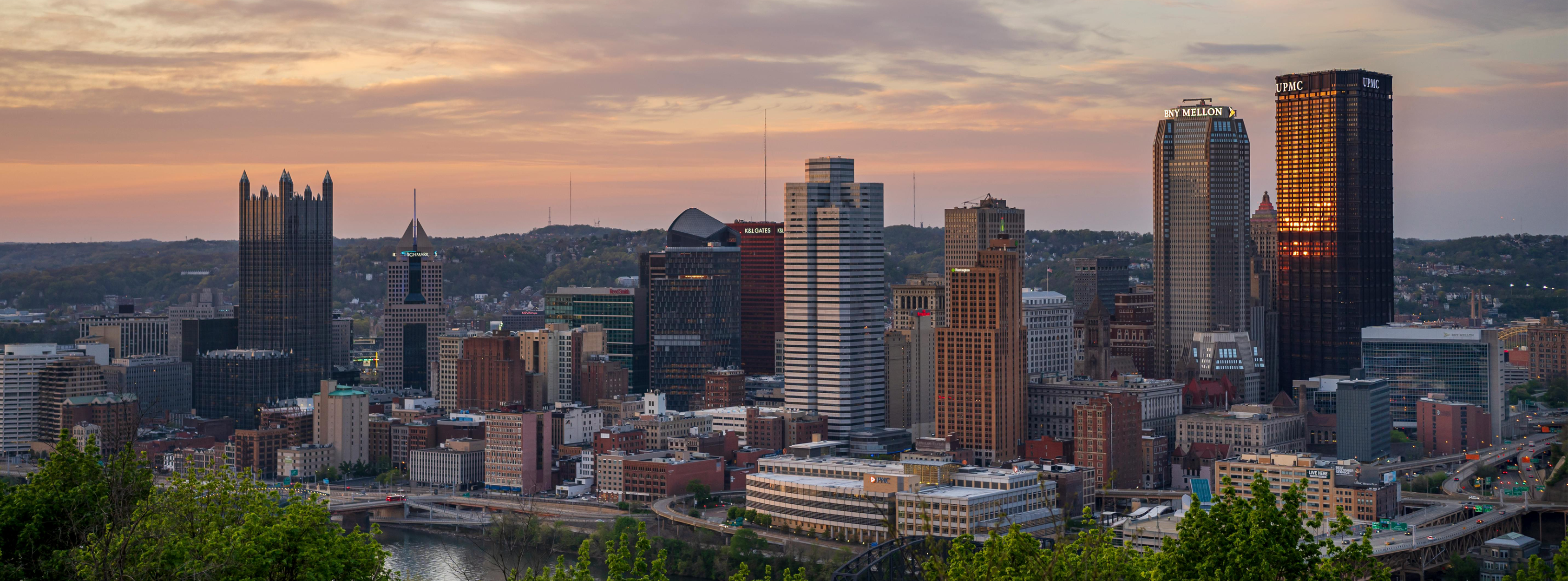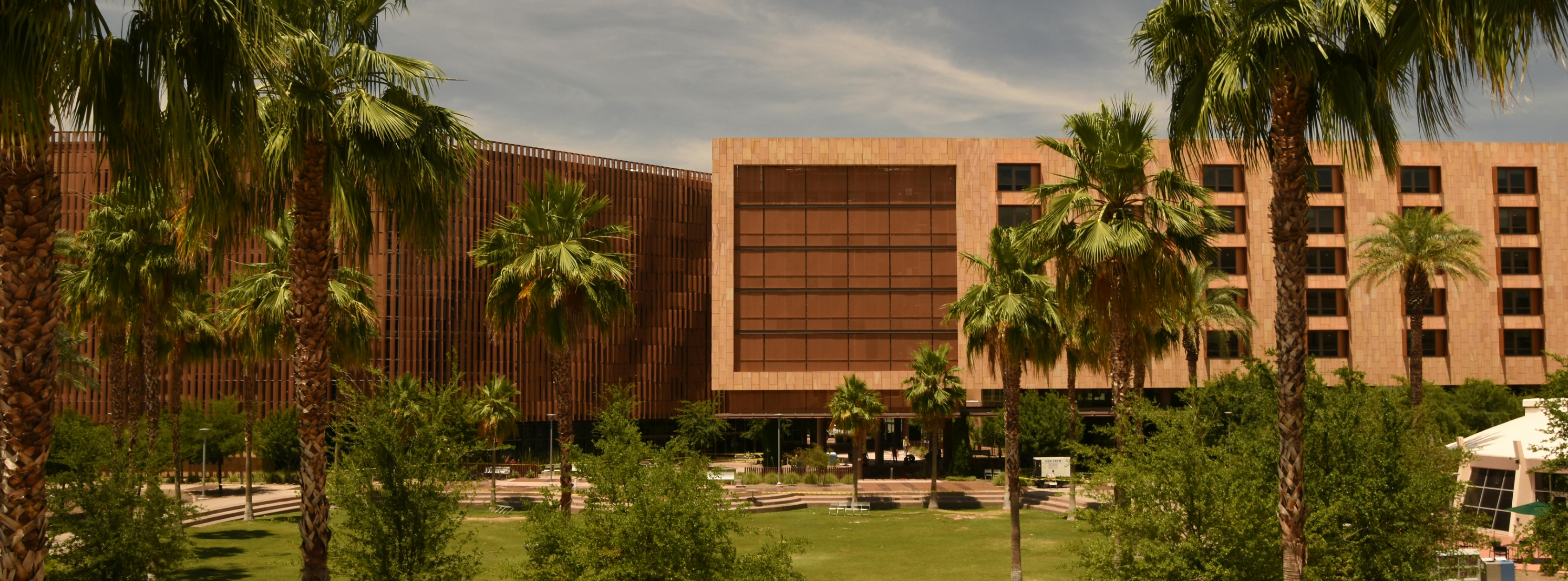Regional solutions for growing quality green jobs
Success Stories


Sustainable Pittsburgh
Building a Regional Ecosystem
Regional Category: Critical
Sustainable Pittsburgh is reimagining how a region can build the knowledge, perspective, and abilities needed to create a better tomorrow for its communities. To date, the nonprofit has worked with nearly 1,000 businesses, local governments, and community organizations to take action on sustainability topics such as scaling up renewable energy and energy efficiency in both the city of Pittsburgh and the surrounding counties, representing both urban and rural workforces. As an organization deeply embedded in southwestern Pennsylvania for over 25 years, Sustainable Pittsburgh has been a pioneer in promoting policies and practices for a more-inclusive greening economy.
Sustainable Pittsburgh sees its role as both a resource and a teacher, acting as a neutral convener and framing green jobs through compelling angles, such as promoting the sector as a burgeoning economy where workers enter quality jobs. Sustainable Pittsburgh Executive Director Joylette Portlock believes that we must start from a place of intentionality. “We need to do this in a way that, as the number of jobs grows, there aren’t folks left out,” she says. To best meet the needs of the region they know so well, Sustainable Pittsburgh focuses on amplifying worker voice while also building authentic relationships with unions, employers, and community-based organizations.
Their collaborative ethos is exemplified through their partnership with Partner4Work, the workforce development board for Allegheny County and the City of Pittsburgh. The organizations are co-creating an analysis of regional training offerings by clean-energy employers to alleviate barriers and increase access and equity in these industries for the broader Pittsburgh area. One insight they’ve gained from local union representatives, for example, is a desire not to pigeonhole green jobs into a section of the workforce that is so specialized that it doesn’t have translatable skills or allow for worker growth mobility. Director of Government Affairs Matt Mahoney reminds us that, “quality jobs creation and placement is about economic resilience and environmental justice, as well as the social elements of job quality.”
The decarbonization of a historically industrial region takes time and will require the efforts of all community members to be successful. Sustainable Pittsburgh’s collaborative approach to identify workforce gaps and plug in resources and partners where needed has resulted in greater connectivity and barrier removal for jobseekers. By focusing on equity and creating space for open, honest conversations around what green jobs are and can be for southwestern Pennsylvania, Sustainable Pittsburgh has positioned itself as a trusted regional leader and facilitator for a more just transition to a green economy.


Arizona State University
A Long-Term Vision for Sustainability
Regional Category: Critical
With its main campus in an arid region facing increasing challenges from extreme heat, wildfires, and drought, Arizona State University (ASU) acts with purpose when it comes to quality green jobs of the future. The ASU College of Global Futures has a School of Sustainability, a School for the Future of Innovation and Society, a School of Complex Adaptive Systems, and even a School for Ocean Futures “in the middle of the desert,” notes Executive Director of Executive and Professional Education Ryan Johnson, not missing the irony in his landlocked state. This array of expertise illustrates ASU’s holistic approach to training people at every stage of their work journey to be prepared for the greening economy.
ASU is dedicated to building green job pathways, realizing that traditional education methods alone will not suffice. They have leveraged their influence throughout the state to establish programs with local K-12 schools, introducing green skills and careers to students along with their parents and guardians. They also support mid-career education for workers whose jobs now require one or more green skills, and they aim to support broad-based worker and employer success through targeted reskilling and upskilling training for positions across industries.
As part of their Design Aspirations, ASU has cultivated a vast partner network of community-based organizations, nonprofits, for-profit companies, and others. “Boundary organizations with strong ties to the community are really critical when you are working inside universities,” says Professor of Sustainability and former Dean of the College of Global Futures Christopher Boone. ASU focuses on collaboration, from curriculum consultation to eventual job placement, incorporating the crucial community services and wraparound supports that the university cannot provide alone.
Some constituents and partners are less open to conversations about green skills, for example, so they have learned to be flexible in how they talk about these issues in order to meet people where they are. In one case, the term environmental, social, and governance (ESG) investing caused controversy with several ASU partners. After candid discussion about the challenges of associating with explicitly green or environmental efforts, everyone agreed that they did want to signal their commitment as investors, but they didn’t want to be told how to define those values by characterizing them as ESG. The subsequent move to the more general term, “values-based investing,” was an important sign of good faith to keep stakeholders engaged through economic or other more resonant framing.
Other stakeholders, for example Native American communities, may be on board with green economy terminology but are cautious about engagement due to historical harms. In Arizona, 22 recognized tribes occupy 27% of the state’s territory, while 80% of the farmland is on tribal land and half of the water rights are owned by Indigenous communities. “If you are trying to plan for a sustainable future in Arizona and you are not engaging Indigenous communities, it’s like tying one hand behind your back,” Boone says. ASU has the largest Indigenous student population in the country, and it’s expanding, thanks in part to improving trust over time and a commitment to inclusion that’s explicitly stated in the university charter.
The ASU charter talks about its responsibility and institutional impact being “measured not by whom we exclude, but rather by whom we include and how they succeed.” It is with that ethos that the seed of their sustainability efforts was planted and is now growing. As Program Manager for Executive and Professional Education Ryan Mores says, “It’s not just about training people, it’s also about transforming the system that ultimately supports the larger transition to a green economy of the future.” In other words, ASU is thinking long term, scaling green skills work, and making the drive for sustainability itself sustainable for the future.





